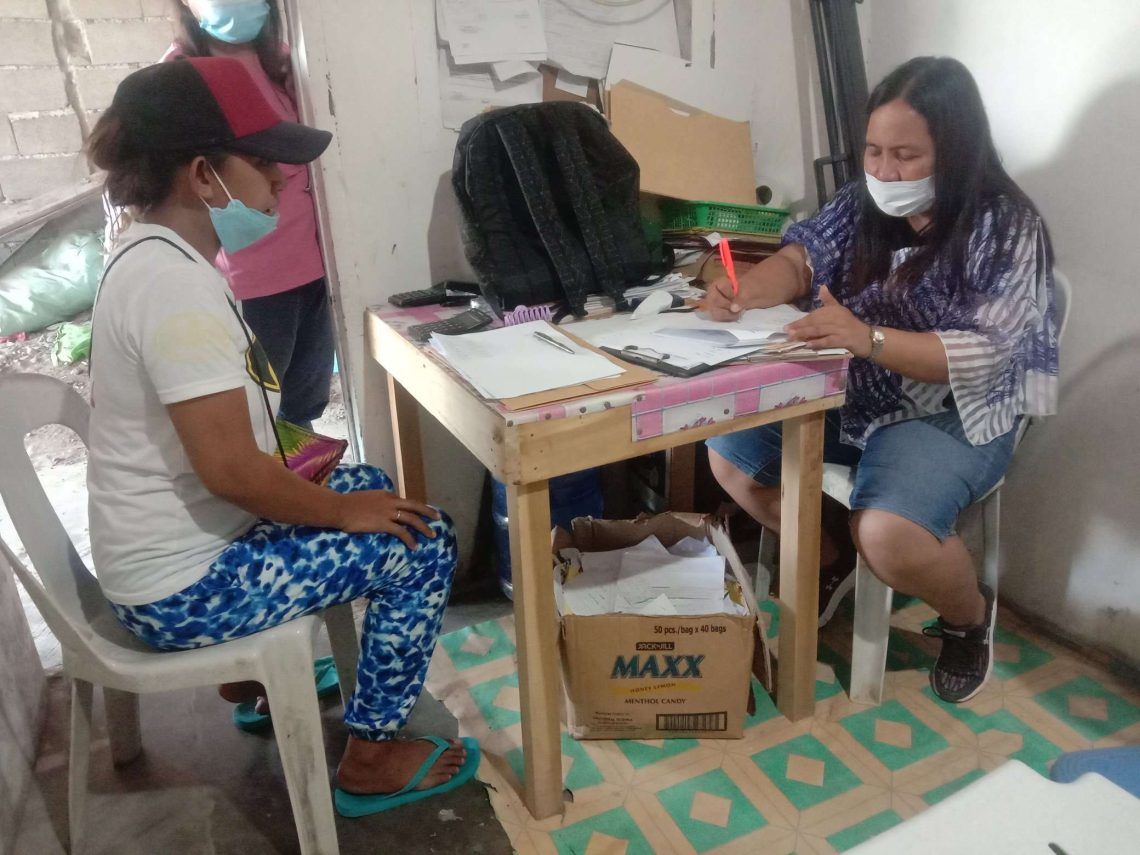Make your 2X MATCHED gift today!
This week only: Every $1 will be matched with $2 to enable women worldwide.
This week only: Every $1 will be matched with $2 to enable women worldwide.
Posted on 04/13/2022

In May 2021, Grameen Foundation, under its Bankers without Borders Initiative, mandated a feasibility study for a new Coconut Edible Oil Processing Plant in the municipality of New Bataan in Davao de Oro, Philippines. This initiative was launched in response to the long-term impact of the devastation of the Eastern Mindanao caused by the Typhoon Bopha (Pablo), which hit the region in 2012, causing severe damage to coconut farmers and the livelihood of the smallholder coconut subsector. This led the local government to consider other revenue generating ideas like coconut cooking oil processing.
This assignment was launched while international travel restrictions were in place due to the COVID-19 pandemic. The team consisted of a remote volunteer (myself), members of the New Bataan municipality , including an agricultural specialist, and Philippines based members of the Grameen Foundation.
Activities were conducted over the period May 2021 until February 2022, but were paused for long periods of time due to covid-related disruptions in the local market. Activities were focused primarily on gaining a clearer view on the current market state in the municipality and were organized around Zoom calls with key staff in the region. The project was eventually terminated prior to achieving the initial objectives, due to local market factors.
I began the project by completing desk research on the multiple documents that the regional team helpfully shared with me. These documents gave me a foundation for understanding the importance of the ‘tree of life’ to the Philippine economy. Follow-on Zoom calls with the local team, including experts in coconut agriculture, allowed me to further expand my understanding of the challenges faced by coconut farmers.
Once a foundational understanding was gained regarding the structure of the coconut economy, activities were focused primarily on gaining a clearer view on the current local market environment. Original market data was created during the project through the organization of 2 field surveys, which were conducted with the strong support of a local cooperative, and a locally based Grameen representative.
A key insight gained during the project was how difficult it seemed to be for local coconut farmers to be able to budget for any long-term period, as their income was dependent on fluctuating copra prices and the individual traders they dealt with. Given the relatively small activity of each farmer, there was very little ability to negotiate contractual terms.
The most important recommendation I made was to identify key members of the local Farmer Cooperatives and coalesce these farmers around a project that will contract to consolidate a significant percentage of all copra production in the region, in order to ensure sufficient capacity to justify investment in a Coconut Edible Oil mill.
One of the biggest challenges in the project was dealing with remote communication. All the team members were helpful and had a positive attitude during our collaboration on the project, but personal communication on site would have enhanced clearer communication (internet connections were not always functioning very well), enabled the Volunteer more time to interact with multiple stakeholders, and allow more flexibility to adapt scheduled meetings to any unforeseen change in plans of the counterparties. In-country visits also enable one to experience the geography of the country, which obviously is a factor that plays into the assessment of its feasibility.
My overall experience on the project sparked an interest within me to learn more about the Philippines and experience the people and the country’s challenges first-hand. I would gladly volunteer for an in-country assignment should an appropriate opportunity arise in the coming months or years, and would recommend other Volunteers to get involved in Banks without Border projects.